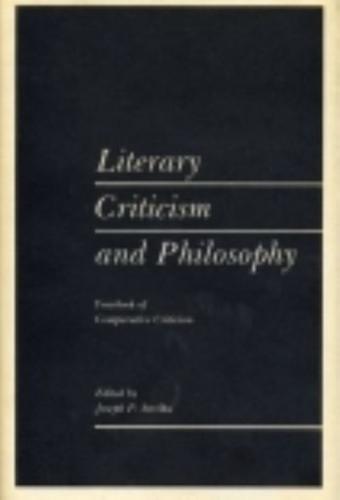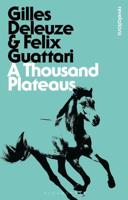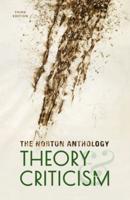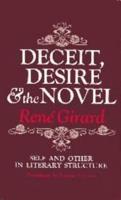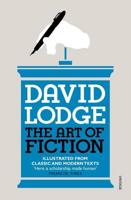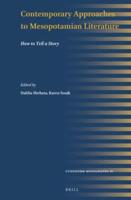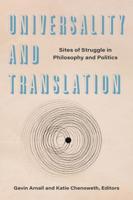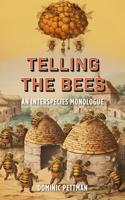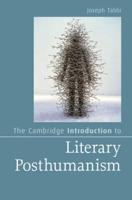Publisher's Synopsis
The interconnections between literary criticism and philosophy are, as editor Strelka mentions, "manifold and far-reaching." A view of these relationships is presented from three broad stations in this volume of the yearbook. First, the standpoint that principles of literary scholarship are formulated by philosophical means is explored, with credence given to the pioneering work of Polish philosopher Roman Ingarden. The second angle, that practical criticism is both influenced by and based on philosophy, is reinforced by Aristotle's early connections with philosophy and literary theory, and by the identification of the methods and the craft of criticism with philosophy. Finally, the scholar's tasks of exposing philosophical ideas buried within a text and of then defining these ideas are considered.
Critical revelation of philosophical thought can pose various problems; Morris Weitz points out, for example, that the discovery of several philosophical ideas in one literary work leads the scholar to ask whether any one is the idea of the piece.
